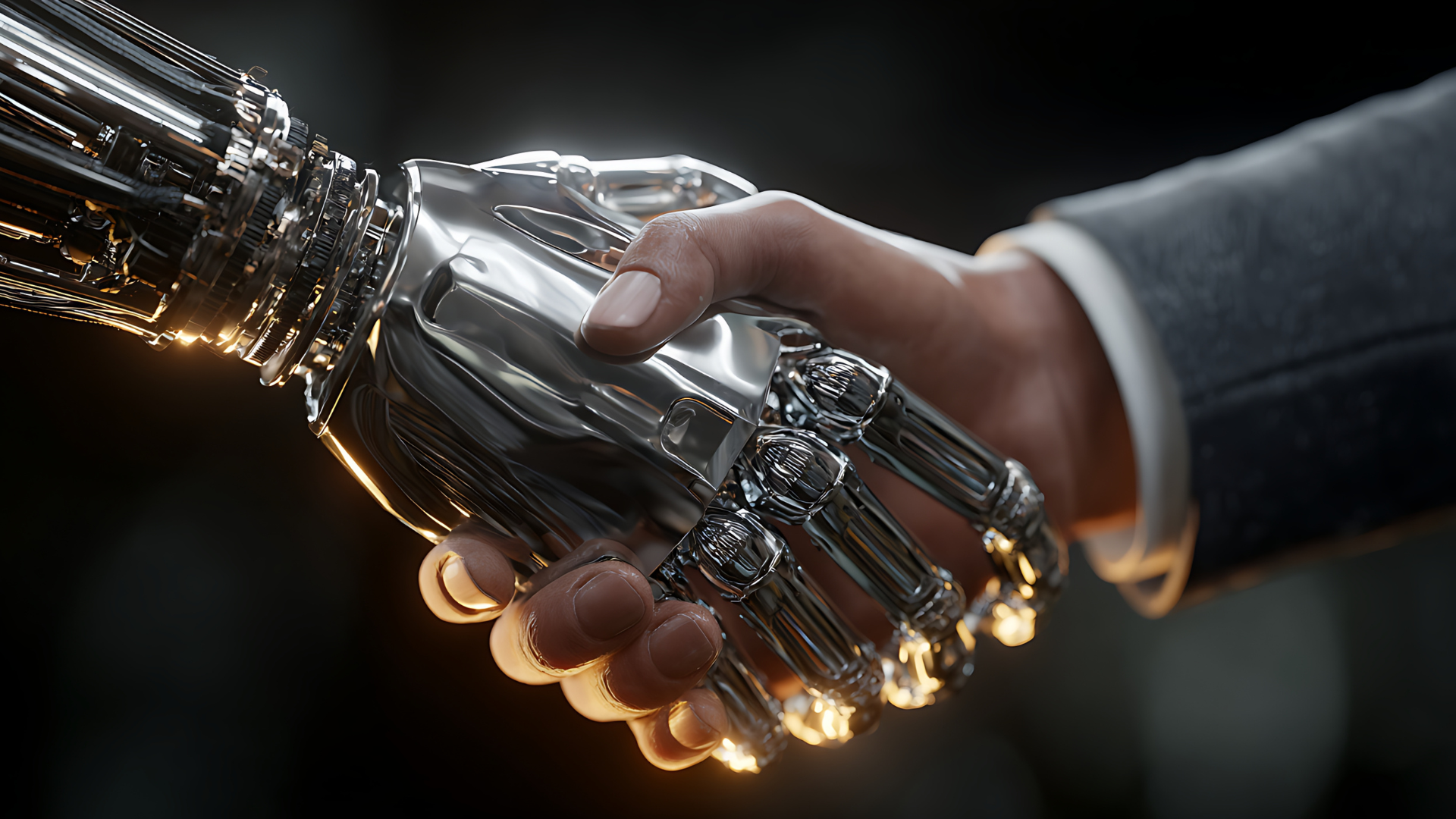
Can Robots Replace Dentists?
A New Era in Dentistry
From digital X-rays to 3D-printed crowns, technology has already transformed how dentists work. But could the next step involve robots performing procedures or even artificial intelligence (AI) diagnosing your oral health?
A team of researchers from the October University for Modern Sciences and Arts in Cairo, Egypt, set out to explore how future dentists feel about this transformation. Their study asked: Are dental students ready to embrace robotics and AI in their future clinics?
The Study: Taking the Pulse of Future Dentists
The researchers surveyed 204 Egyptian dental students, focusing on their knowledge, perceptions, and attitudes toward robotics and AI in dentistry.
Participants answered 26 questions about how these technologies are used from diagnostic software and robotic drills to digital simulations used in dental education.
The study was approved by the university’s ethics committee and conducted between September and December 2024.
What They Found: Curious and Cautious Optimism
The results paint an encouraging picture of the next generation of dentists:
85.8% of students had heard of AI and robotics in dentistry.
66.2% demonstrated good understanding of their applications.
59.3% expressed a positive attitude toward using these technologies.
A strong 75% wanted to learn more about them in the future.
Students were particularly optimistic about AI-assisted diagnostics, implant placement, and CAD/CAM systems technologies already improving precision and efficiency in dental care.
However, enthusiasm had its limits:
Two-thirds (66.9%) opposed the idea of robots replacing human dentists altogether.
Most agreed that while machines can assist, they cannot replicate the human touch, empathy, and trust crucial to patient care.
The Human Touch Still Matters
The researchers note that students recognized the benefits of AI in speed, accuracy, and training efficiency, especially through digital simulation labs and smart feedback systems.
Still, they shared common concerns about ethical implications, data security, and the loss of human connection.
As one of the authors points out, AI may streamline diagnosis and record-keeping, but “communication, empathy, and clinical judgment are human skills that technology cannot yet duplicate.”
Why It Matters
As dental technology advances, understanding how future professionals perceive it helps guide curriculum design and policy planning.
Egyptian dental students’ openness to AI and robotics suggests a readiness for modernization but also highlights the importance of integrating digital literacy and ethics into dental education.
The Bottom Line
This study offers a glimpse into how tomorrow’s dentists view the AI revolution: they welcome it, but they’re not handing over the dental chair just yet.
AI and robotics are poised to make dentistry smarter, faster, and more precise — but human expertise and compassion remain irreplaceable parts of every smile.
Reference
Ezzeldin, N., Salama, A.A., & Shehab, K.A. (2025). Knowledge, perception, and attitude of Egyptian dental students toward the role of robotics and artificial intelligence in dental practices: A cross-sectional study. BMC Oral Health, 25:747.